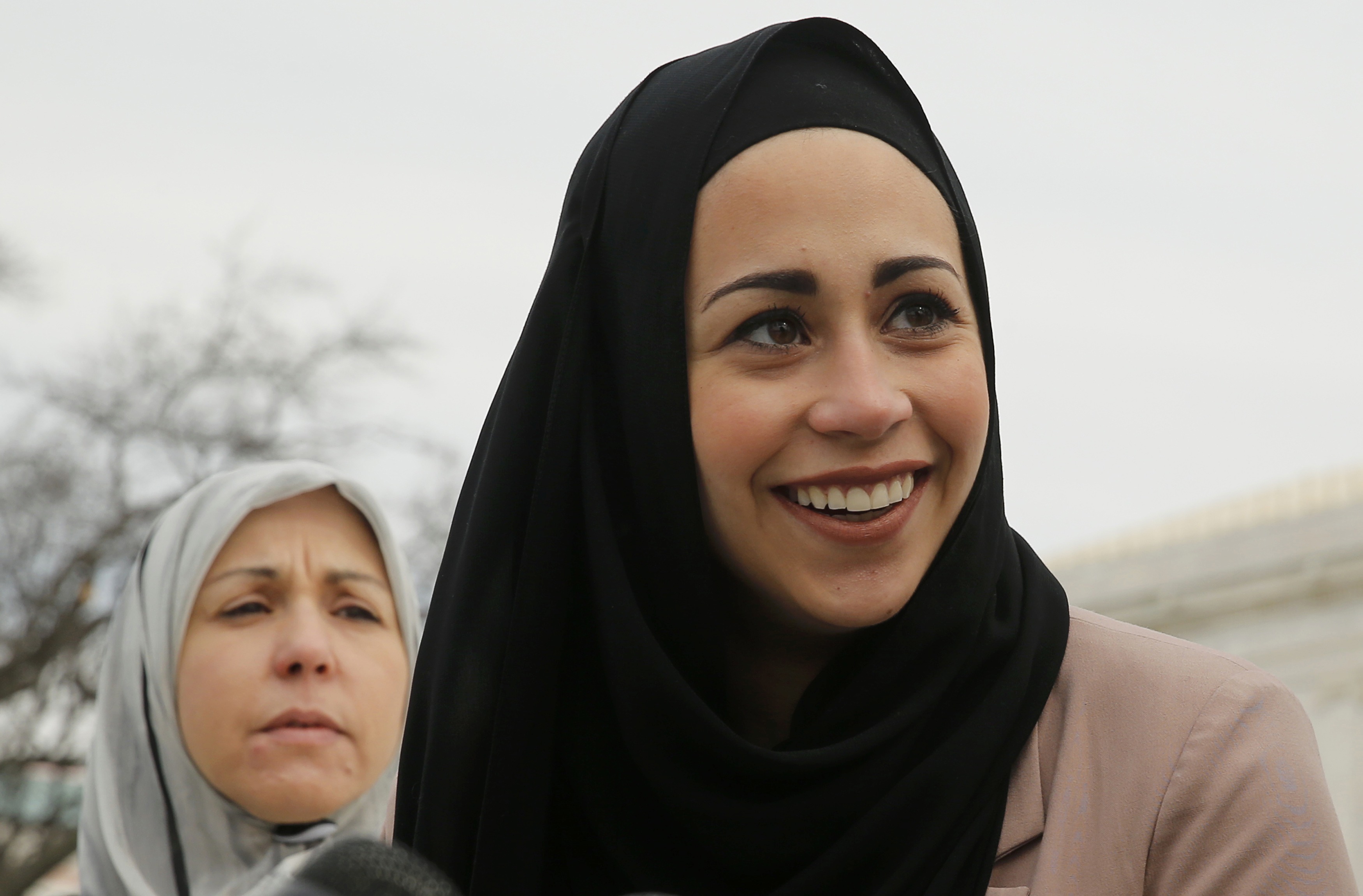Iran’s Controversial Visit to Abu Musa
Iran gained control of part of Abu Musa in 1971 and claims sovereignty on historical grounds
Iranian President Mahmoud Ahmadinejad’s visit to the small island of Abu Musa near the Strait of Hormuz on in mid-April sparked a furious response from the United Arab Emirates, which disputes Tehran’s claim to sovereignty over the island.
The UAE condemned the visit in the strongest possible terms and recalled its ambassador to Iran for consultations. On 17 April, the Gulf Cooperation Council (GCC), which brings together Bahrain, Kuwait, Oman, Qatar, Saudi Arabia and the Emirates, denounced the visit as a provocation and a violation of the UAE’s sovereignty.
The row is the latest flare-up in a long-standing territorial dispute between Iran and the UAE over the islands of Abu Musa and the nearby Greater and Lesser Tunbs.
What is the dispute about?
Iran gained control of the Greater and Lesser Tunbs and of part of Abu Musa in 1971 after the departure of British forces from the Gulf. It has since consolidated its control of Abu Musa and claims sovereignty over all three islands on historical grounds. On 18 April 2012, the Iranian Foreign Ministry said the country’s ownership of the islands was “definitive, permanent and non-negotiableâ€.
However, the UAE, which won its independence in 1971, claims sovereignty over the islands, too. Prior to Iran taking control of them, the islands were administered by shaykhdoms which later became part of the UAE. A 1971 agreement between Iran and the shaykhdom of Sharjah provided for the two sides to administer different parts of Abu Musa while leaving the issue of sovereignty open.
“This visit will not change the legal status of these islands, which are part and parcel of the UAE national soil,’’ UAE Foreign Minister Abdullah bin Zayed bin Sultan Al Nahyan said on 11 April 2012.
What is the islands’ significance?
All three islands are very small. The largest, Abu Musa, has an area of 12 square kilometres and a population of about 2,000. The smallest, the Lesser Tunb, is just 2 square kilometres large and has no settled population.
The islands are, however, located near the entrance to the strategically important Strait of Hormuz in the Persian Gulf in a potentially oil-rich area. Iran has a military presence on Abu Musa and in 1996 it opened an airport there.
What do other countries think?
Mr Ahmadinejad’s visit to Abu Musa has been criticized by Bahrain, Libya, Morocco, the Palestinian presidency and Saudi Arabia.
According to media reports, Bahrain condemned it as a “flagrant violation of the sovereignty of the United Arab Emiratesâ€; Libya voiced “deep concernâ€; Morocco and the Palestinian Presidency warned of a “provocative†step; and Saudi Arabia expressed “dissatisfaction and disapprovalâ€.
The GCC and the Arab League have repeatedly asserted that the islands form an integral part of the UAE.
What are the media saying?
In the UAE, on 13 April the Gulf News daily denounced a “deliberately provocative†visit which sent an “aggressive message†to the UAE, and on 14 April Al-Khalij Online said Ahmadinejad had “passed the point of no return†and was going against his own people’s interests.
But Iranian hard-line, conservative and reformist Iranian newspapers have all defended the president’s visit. On 14 April, the hard-line Jomhuri-ye Eslami suggested that the UAE’s reaction was guided by “imperialistic hands and Zionistic movementsâ€.
Commentaries in the London-based Arabic press published on 18 April spoke of a “provocation at the wrong time†(headline in Al-Quds Al-Arabi) and surmised that the visit was intended to signal that “Iran is still active and strong even if it is forced to make concessions regarding the nuclear issue†(Al-Sharq al-Awsat).
What is the rest of the world saying?
World powers have not directly taken sides in the territorial dispute between Iran and the UAE. However, on 17 April the United States warned that actions such as Ahmadinejad’s visit only complicated the issue, and it urged Iran to respond positively to the UAE’s call to negotiate or to refer the conflict to the International Court of Justice (ICJ) in The Hague.
Britain, too, has in the past called for the dispute to be resolved through bilateral negotiation, submitting the issue to the ICJ or another form of international arbitration.
Iran has expressed its readiness for talks to clear up any “misunderstandings†but has rejected calls for the issue to be referred to the ICJ.
BBC Monitoring selects and translates news from radio, television, press, news agencies and the internet from 150 countries in more than 70 languages. It is based in Caversham, UK, and has several bureaux abroad.
14-18














2012
870 views
views
0
comments